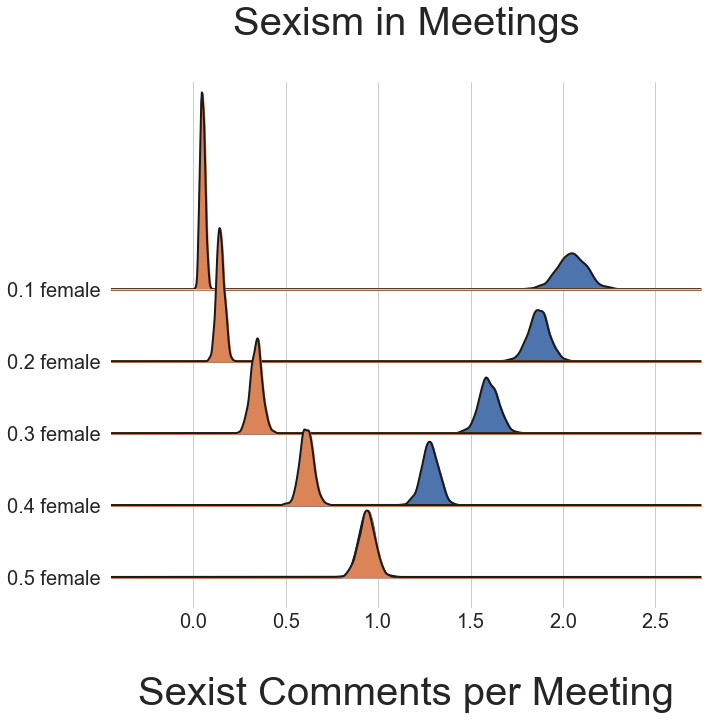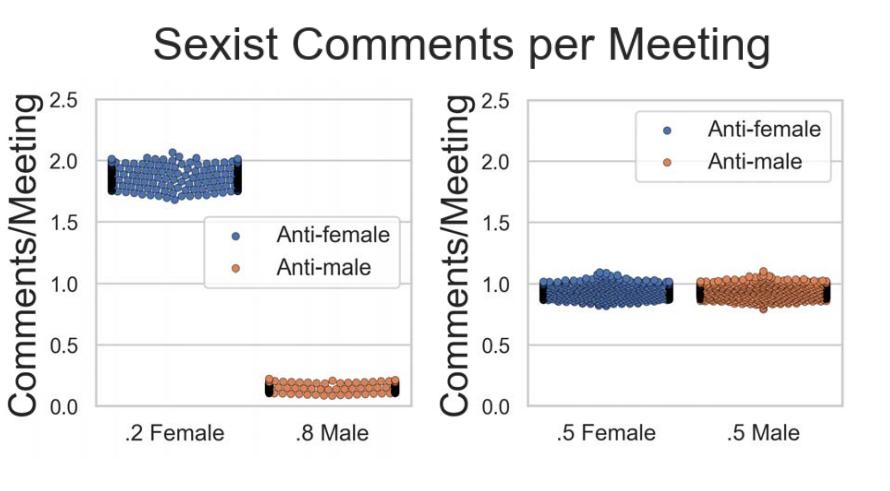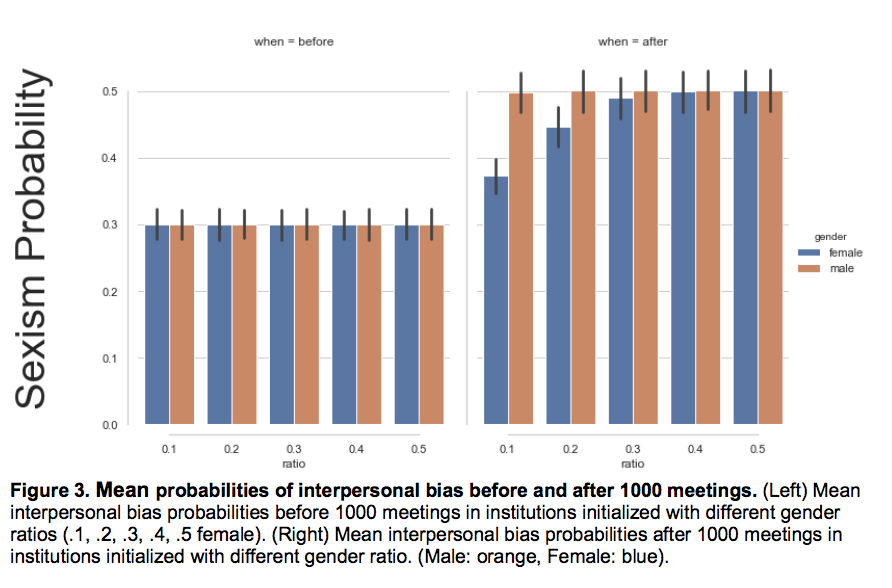
Principal Researcher @MSFTResearch. I study memory & planning in brains. I build & evaluate AI.
How to get URL link on X (Twitter) App


 Andy Barto started off the talk defining RL in terms of Search (trial & error, generate & test, variation & selection) + Memory (caching past solutions),
Andy Barto started off the talk defining RL in terms of Search (trial & error, generate & test, variation & selection) + Memory (caching past solutions),





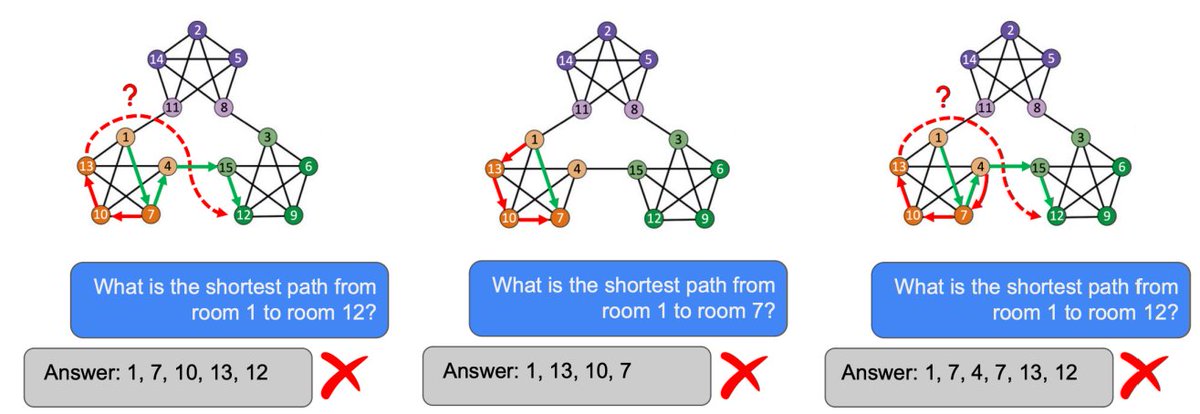 Recently an influx of studies claim emergent cognitive abilities in LLMs & doomers warn of AI planning a takeover.
Recently an influx of studies claim emergent cognitive abilities in LLMs & doomers warn of AI planning a takeover.
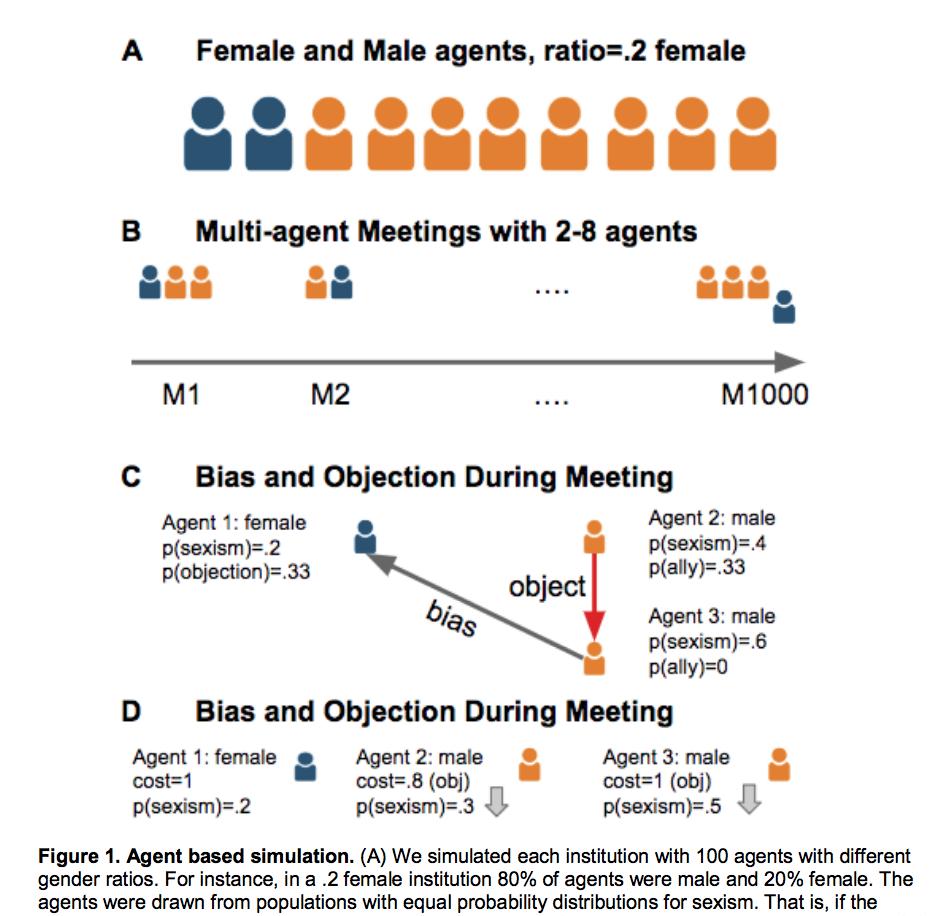
 @profcikara We distinguish interpersonal bias (sexism) & structural bias, allow social learning. We exclude gender differences in interpersonal bias to isolate effect of structural bias. Unequal gender ratios => gender differences in # sexist comments received & increase in p(sexism). 2/n
@profcikara We distinguish interpersonal bias (sexism) & structural bias, allow social learning. We exclude gender differences in interpersonal bias to isolate effect of structural bias. Unequal gender ratios => gender differences in # sexist comments received & increase in p(sexism). 2/n 